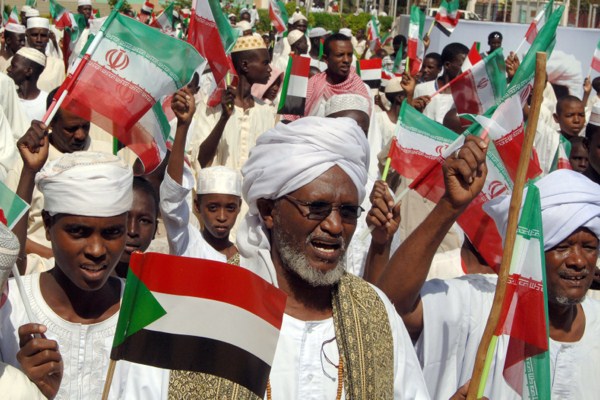As headlines in the Middle East continue to be dominated by the civil war in Syria and the rise of the Islamic State group, the region’s shifting geopolitics are also making their impact felt in other parts of the world. The Horn of Africa is a case in point, as illustrated earlier this month when Sudan closed Iranian Shiite cultural centers operating in the country and expelled a diplomat responsible for them.
Sudan’s famously complex politics have long been influenced by the bitter rivalries of outside powers: the Soviet Union versus America during the Cold War; the Egypt of Nasser versus the Ethiopia of Haile Selassie; or more recently China’s controversial role supporting Khartoum at a time when Western governments were seeking to isolate it over the Darfur conflict. Today Sudan and Africa more broadly are feeling the impact of the triangular rivalry among Iran, Saudi Arabia and Qatar, and the recent episode is the latest manifestation of that rivalry.
The struggle for influence in Africa north of the Equator is fought on multiple battlefields. Tehran, Riyadh and Doha pursue a mix of ideological, economic and security objectives from Mauritania to Somalia and deploy hydrocarbon dollars, military assistance, media pressure, proxy forces and diaspora communities to gain the upper hand. Sudan, a highly strategic crossroads bordering Libya, Egypt, the Red Sea and Ethiopia, is an inevitable flashpoint in this race.

